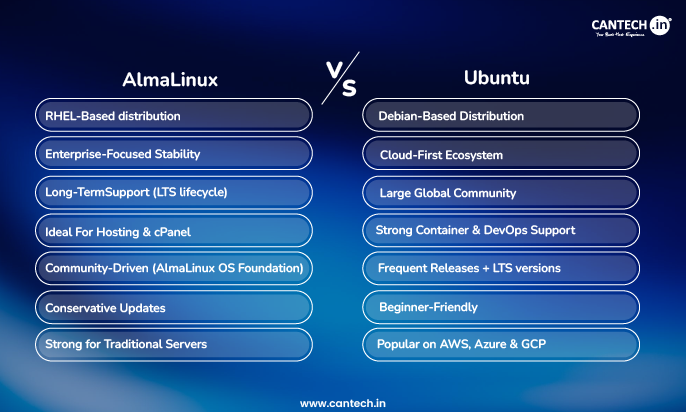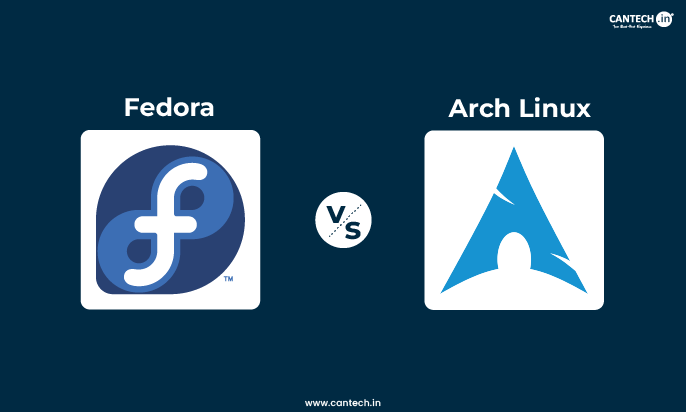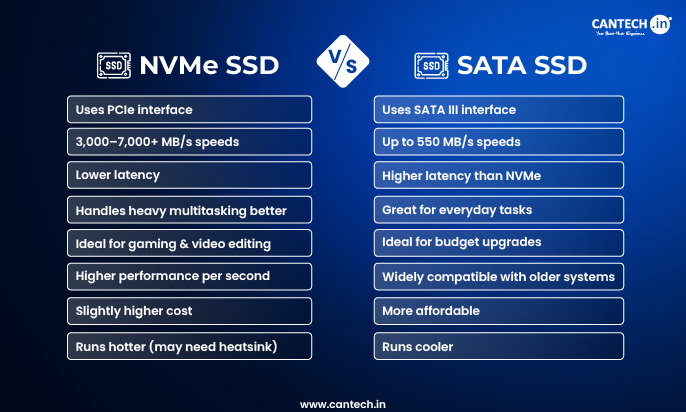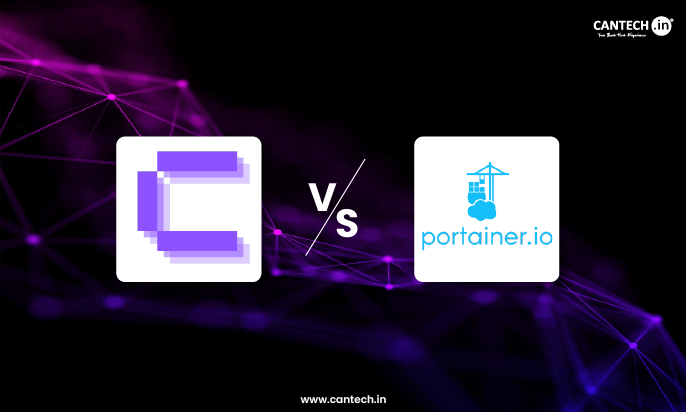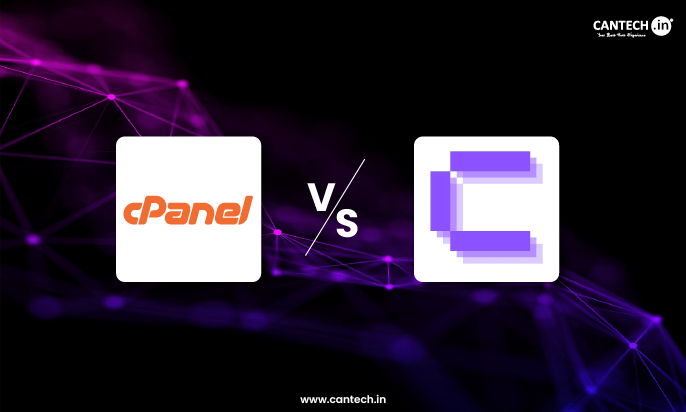When building a web application, choosing the right backend framework can improve development speed, scalability and long term maintenance. Two of the most widely popular choices in recent years are Django, a high level Python framework that empowers rapid development and clean design. On the other hand, Express is a fast minimalist web framework for Node.js known for its performance and flexibility.
This blog explores core differences between Django and Express which compares their architecture, performance, use cases and more.
What is Django?
Django is a python web framework designed for rapid development of database driven, complex websites. It focuses on low coupling and reusability principles. With strong community support, Django uses Python for files, settings, data models and provides dynamic customizable admin interface for CRUD operations. Django applications can be easily deployed on a Linux Servers to ensure reliable performance. Here are top 5 features of Django:
Features of Django
- Powerful ORM: Django’s ORM (Object-Relational Mapping) allows developers to interact with databases using python code, support complex queries, relationships and migrations without writing raw SQL.
- Built-in Admin Panel: Django’s default and customizable admin interface allows easy data and content management without the need for extra coding.
- High End Security: Django provides built-in security features to protect against common web vulnerabilities like XSS, SQL injection and CSRF.
- Performance and Scalability: Django offers support for both vertical and horizontal scaling, load distribution across servers, and asynchronous task handling for effective performance under high traffic.
- Customization: Django is highly extensible that supports third-party libraries, plugins and easy integration of new features without making changes to the core code.
Explore the full article on what is Python web server with all the details.
What is Express.js?
Express.js is a minimal, plugin based web framework for Node.js which is suitable for building REST APIs and applications. As part of popular tech stacks like MEVN and MEAN, MERN. It allows full stack JavaScript development. While lightweight and built on MVC pattern, Express can be tough for beginners due to Node.js concepts. It supports multi-page, single page and hybrid apps that manage routing, sessions, errors and HTTP requests with prewritten code available for community use. Here are top 5 features of Express:
Features of Express. js
- Minimal and Lightweight Design: Express is designed to be minimal, which offers only essential features required to build web servers and APIs, which keeps applications efficient and fast.
- Strong Routing System: It provides a flexible and strong routing mechanism to handle various HTTP methods and URL paths, that makes it easy to build RESTful APIs and web applications.
- Template Engine Integration: It is compatible with multiple template engines like Pug, EJS and Handlebars for rendering dynamic HTML content.
- Large Ecosystem: It has a vast ecosystem of plugins, extensions, and third party libraries which enables developers to improve functionality as needed.
- Full Control and Flexibility: Developers have full control over request and responses objects which allows for fine grained customization of application behavior.
Difference Django vs Express
Here are some of the key differences between Django vs Express:
| Aspect | Express | Django |
| Language | JavaScript (Node.js) | Python |
| Architecture | MVC (Model View Controller) | MVT (Model View Template) |
| Framework | Minimalist backend web framework | Full stack, battery included framework |
| Database Integration | Flexible, supports multiple DB’s through third party modules. | Easy integration with database and Built-in-ORM. |
| Routing | Custom routing with express routes. | URL routing with Django’s URL patterns. |
| Performance | Lightweight, asynchronous, high throughput. | Synchronous by default, strong and reliable handles complex apps. |
| Security | Need manual configurations of security libraries. | Many built-in security features. |
| Deployment | Flexible deployment with Node.js | Supports many hosting and deployment options. |
| Scalability | Scales for small to medium apps and supports clustering. | Scales for medium to large apps, built-in caching. |
Django vs Express: Which One Should You Choose?
Both Django and Express are open-source frameworks with unique strengths. Express is faster and suitable for building effective server side apps with Node.js, especially when speed and flexibility are priorities. Django, on the other hand, is great for projects that require high security, logic, and relational databases because of its ecosystem and built in features.
While Django is slower than Express, experienced developers can optimize its performance easily. Your choice depends on project needs, preferences and desired scalability.
Read related article Node.js vs Express.js
Conclusion
Django and Express have unique strengths and challenges and should be chosen based on specific project goals. Both have reliable application development, so either of them can be a suitable choice depending on your needs.
FAQ’s
Is Express Faster than Django?
Express.js is better for fast, and JavaScript based applications that offer greater flexibility. Django, a full-stack Python framework, is ideal for monolithic applications with built-in tools for ORM, authentication, and templating.
Can Django Run Without a Database?
You can use Django without a database, as it comes with an object-relational mapper in which you can state your database layout in Python code.
Which Platforms Use Django?
Django is used across various sectors such as fintech (Venmo, PayPal), social media (Instagram, Pinterest), science/space research (NASA) and cloud storage (Dropbox).
What are the Cons of Express JS?
Cons of Express.js include its lack of built-in tools for handling complex projects, steep learning curve for developers who are beginners in asynchronous programming.
What are the Disadvantages of Django?
Django REST Framework can work way too slower on web apps because of extra overhead. The package is created to make building APIs easy, not to be as performant as possible. Its serialization process is very slow compared to other serialization libraries.


